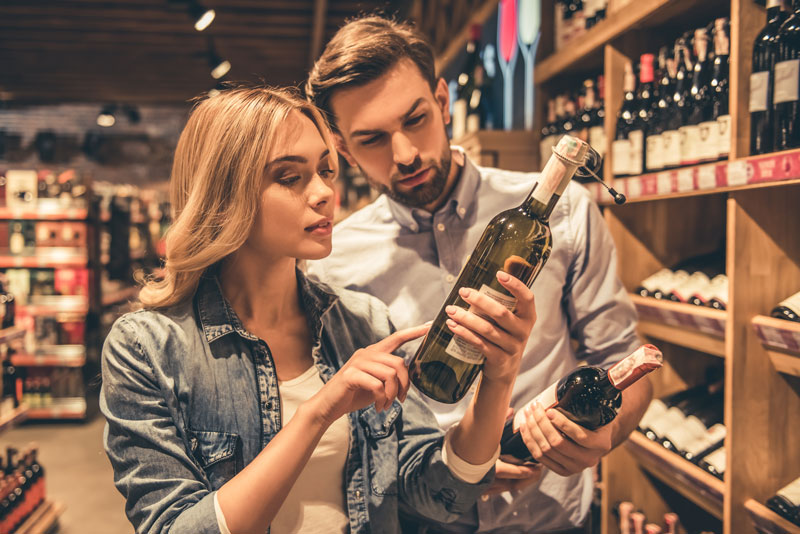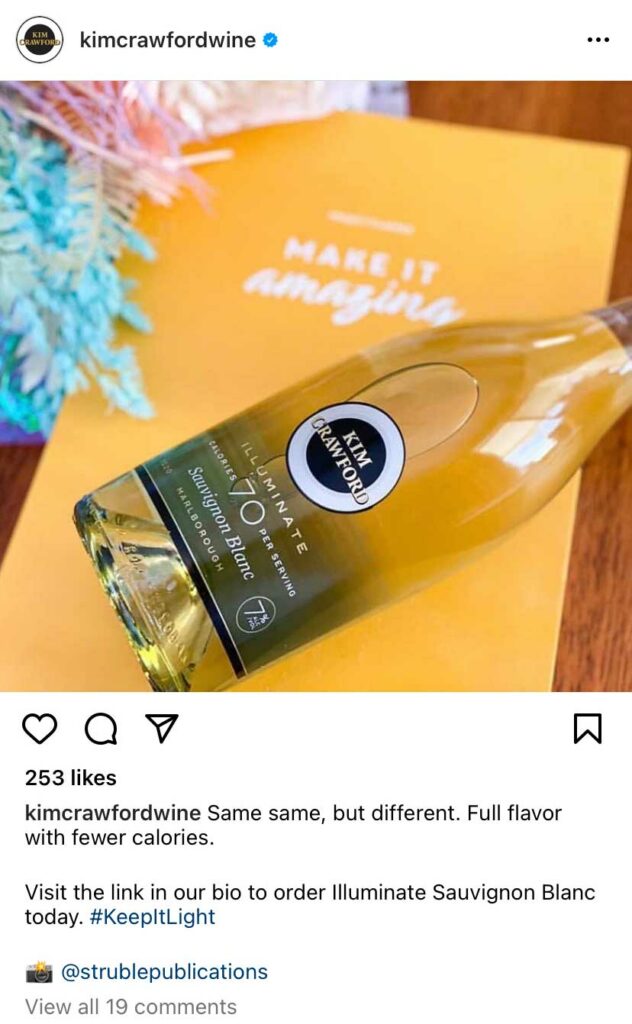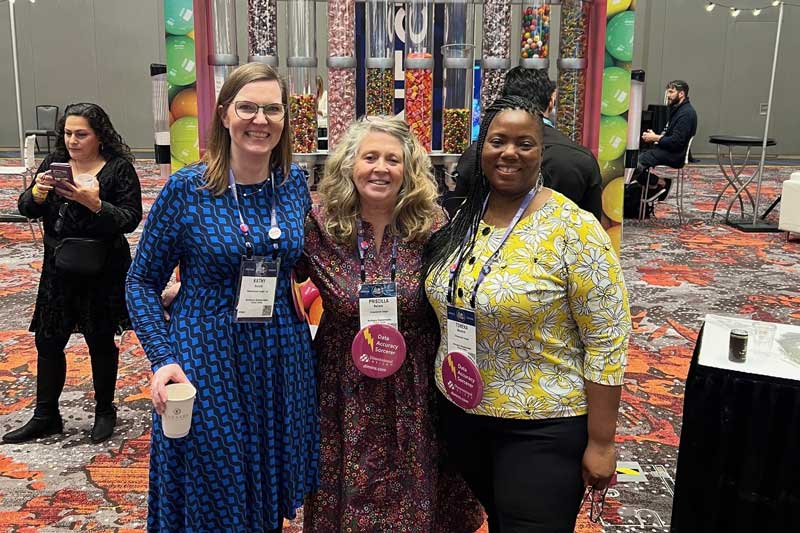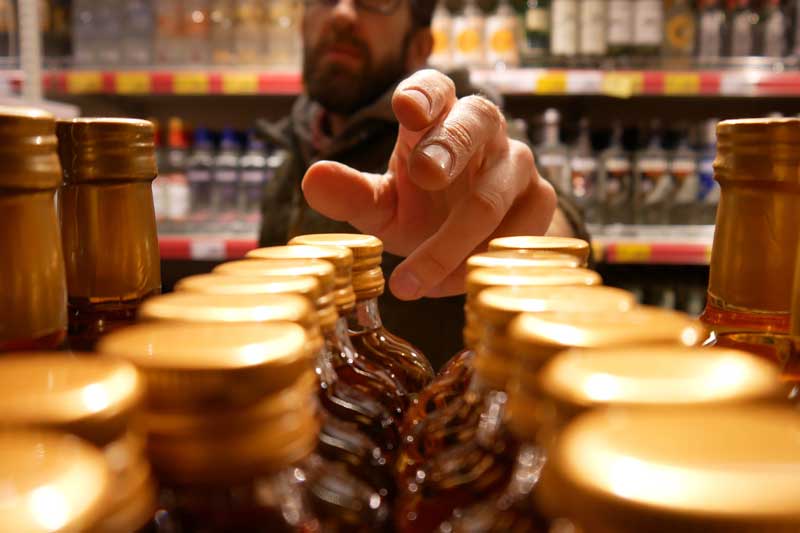Even a pandemic couldn’t make millennials drink more wine.
“In prior reports, we noted that the falling interest in wine among younger consumers, coupled with the encroaching retirement and decreasing wine consumption of baby boomers, poses a primary threat to the business,” Rob McMillan, an executive vice president of Silicon Valley Bank, said in reference to the bank’s 2022 State of The US Wine Industry report. “That issue has yet to be addressed or solved, and the negative consequences are increasingly evident.”
The report predicted that wine sales could plummet 20% in the next decade if nothing changes. As restaurants reopened post lockdowns, there were post-COVID celebrations, but not for the wine industry.
“We predicted there would be a reopening celebration, and it turns out we were correct,” McMillan said. “But the reopening celebration that took place in 2021 didn’t include the wine industry.”
According to the report, by 2025, 27.9 million Americans will pass the average retirement age at 66, while 30.3 million will pass age 40. This shift in purchasing power will force the wine industry to change its marketing game to focus on a new consumer.

Are millennials drinking at all?
Millennials aren’t swearing off drinking altogether, but they are more focused on their health and generally drink less.
When they do order an alcoholic beverage, they aren’t spending long looking at the wine menu for a few key reasons. The first is a health factor. Millennials gravitate toward non-GMO, organic products. They also want to know how many calories they’re drinking.
The report stated part of wine’s decline is “no doubt because young consumers are conscious about their health, and weight is a factor in living a healthy life. That concern likely helps to make a vodka brand (Tito’s) the largest-selling brand of spirits today.”
For example, a vodka soda has 60 calories, whereas the amount of calories in a glass of wine is more obscure and not consistent.
The second reason millennials are avoiding wine is the price. Many millennials are strapped with debt, so while ordering out at a restaurant, they tend to favor a tasty craft beer that costs less rather than a mediocre glass of wine. Again, the proof is in the data; over the last decade, restaurant wine sales have declined for the average winery, bottoming out in 2020. 2021 looked slightly more optimistic, with 19.2% of winery sales coming from restaurant sales.
The price of wine is only going up, with 42% of SVB survey respondents saying they will make a small price increase in 2022.
When looking back on the older generation, baby boomers enjoyed boasting about their wealth and would spend it on a pricey bottle of wine. But millennials have substantially less accumulated wealth and don’t care to show it off when they do.
Another critical factor for millennials when choosing what to drink is values. They gravitate towards craft breweries because of the local aspect. In addition, they want to know what a brand stands for, what’s being used to make the product, and if it’s environmentally friendly.
What brands can do to market to millennials
“If we really want to reach the millennial, we need to move away from lifestyles of the rich and famous and add cause-based marketing to our outreach,” the SVB report stated.
Millennials deeply care about health, environmental, and social justice issues. According to the report, a brand’s social values are increasingly connected to consumers’ decisions to purchase particular products, including wine.
For wine brands to successfully market to millennials, they must focus on what’s important to them, which is very different from the previous wine consumer — baby boomers.
To play to millennials’ focus on health, brands can start by showcasing on their labels how many calories are in a glass — such as Kim Crawford’s new 70-calorie per glass Illuminate line.
Next, tell your story on your wine label. From the photo to the description on the label, showcasing the values your brand considers important can motivate new millennial customers to purchase your wine.
- 87% of Utilities Have Experienced at Least One Data Breach in Last Three Years - February 5, 2024
- Can Drones Lower Your Next Utility Bill? - January 10, 2024
- Onshore Wind Farms Are The Next Big Thing In Renewable Energy - December 6, 2023





